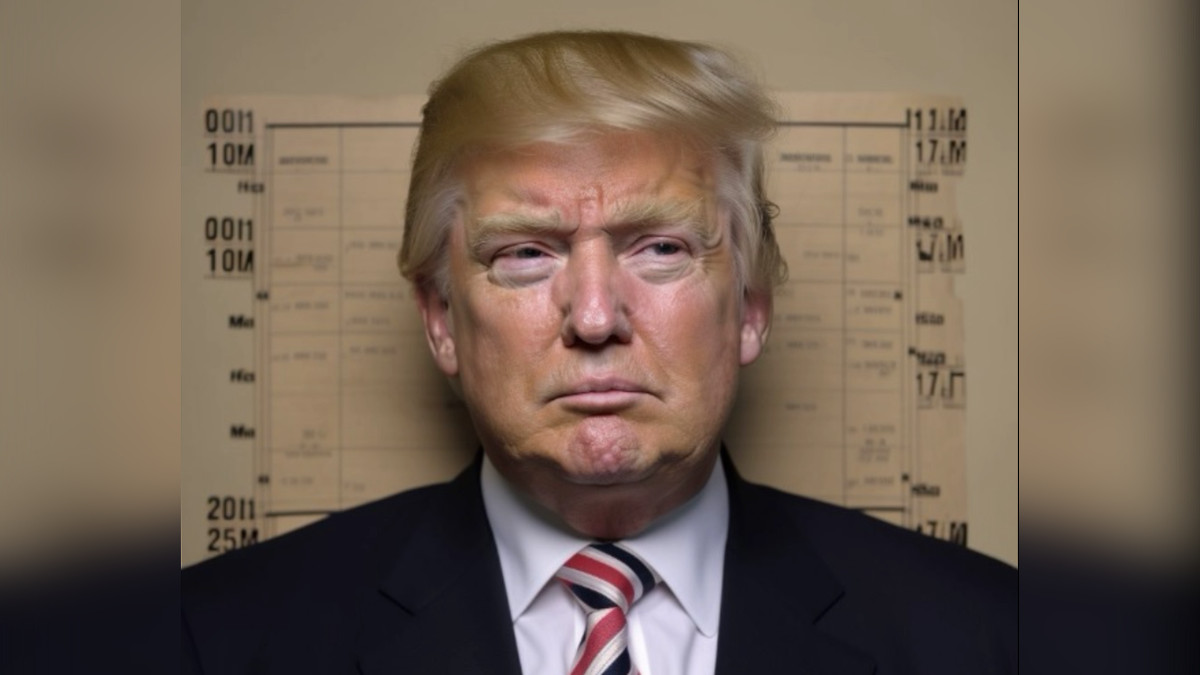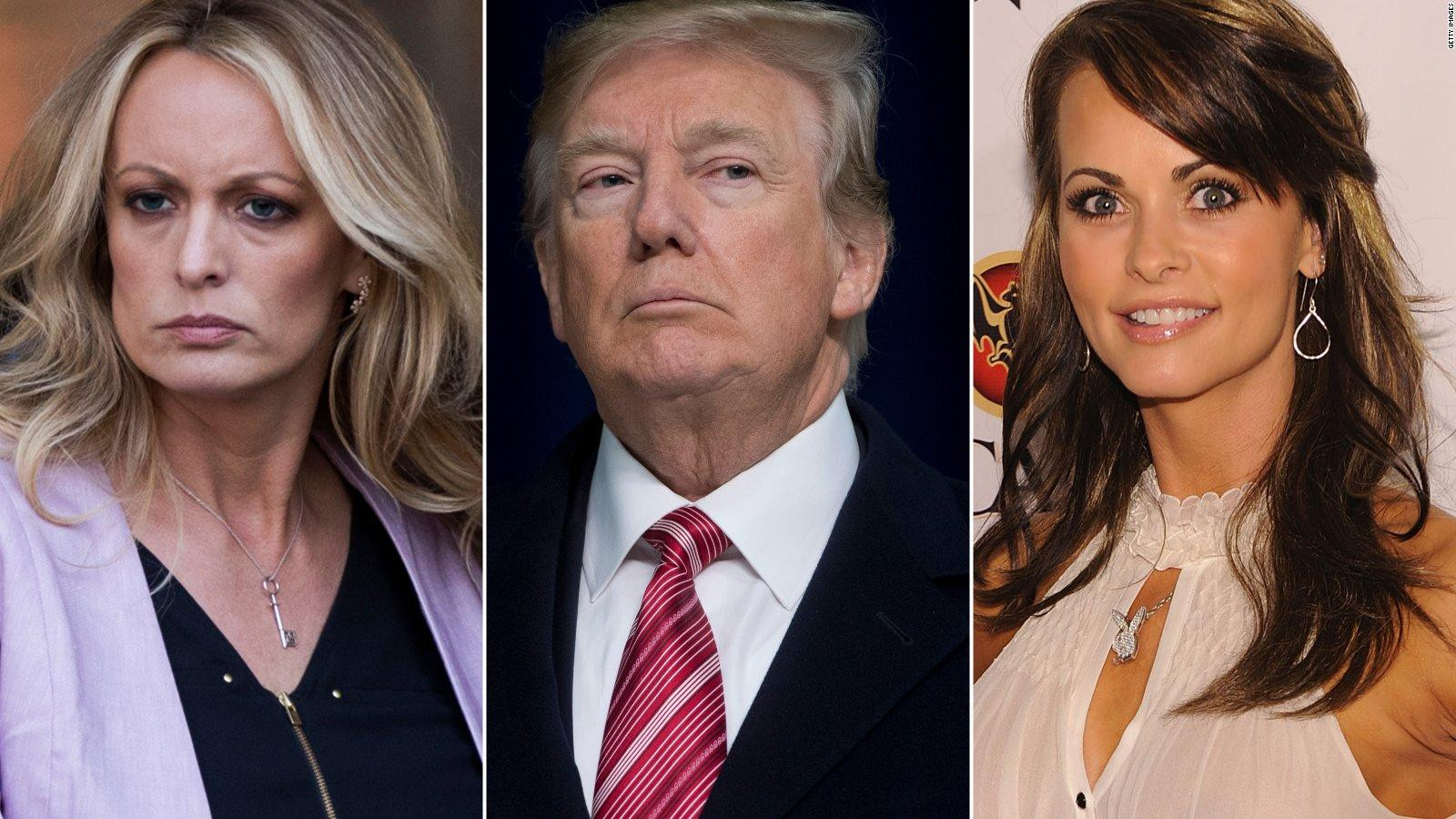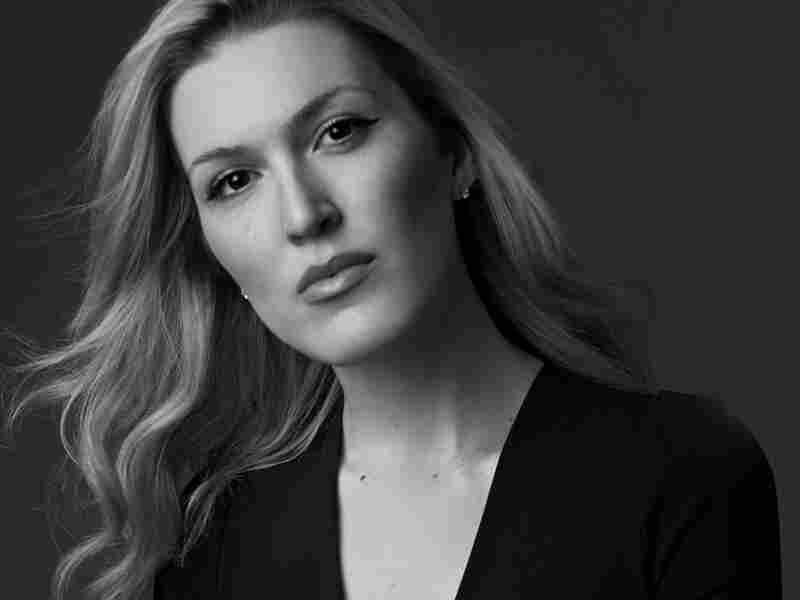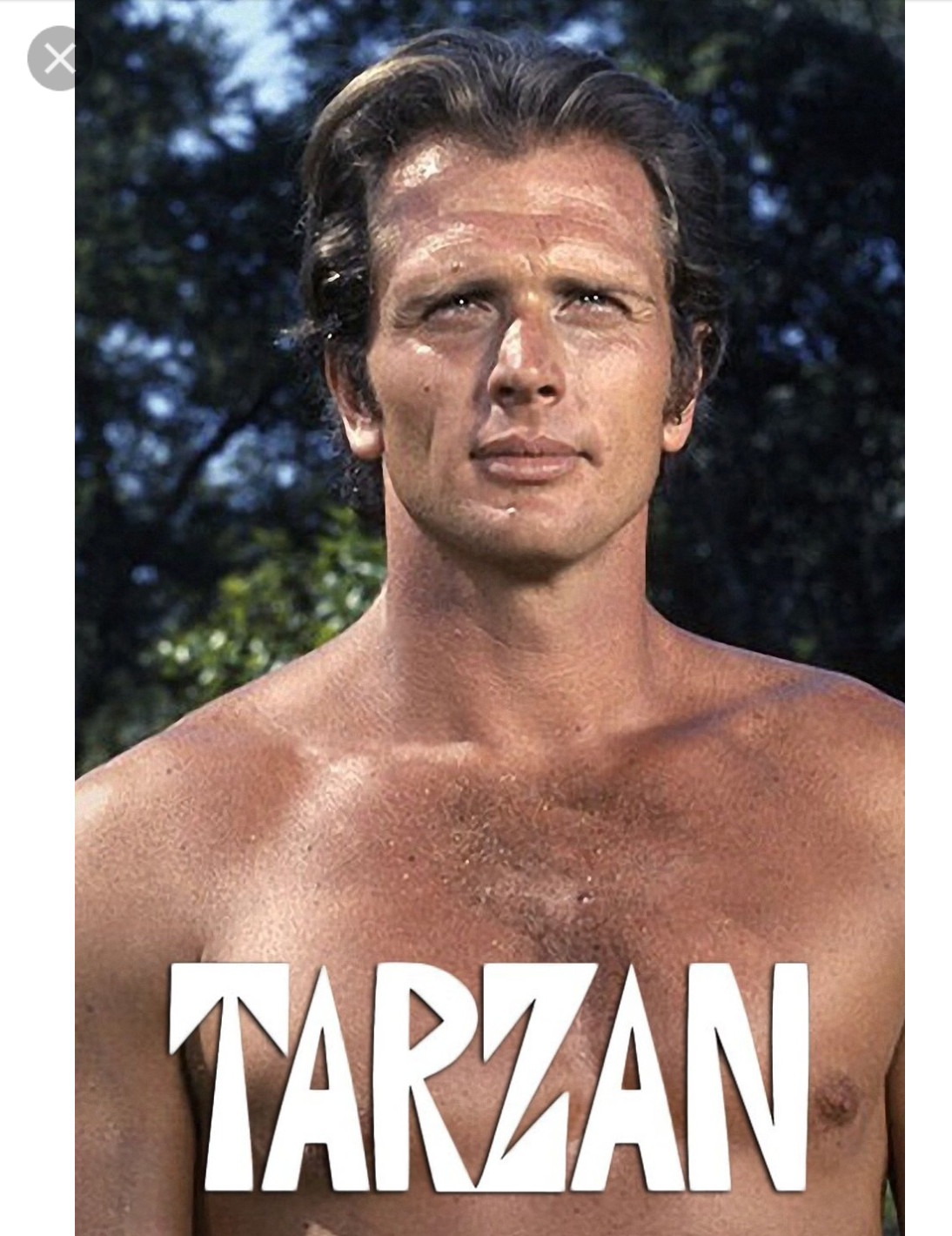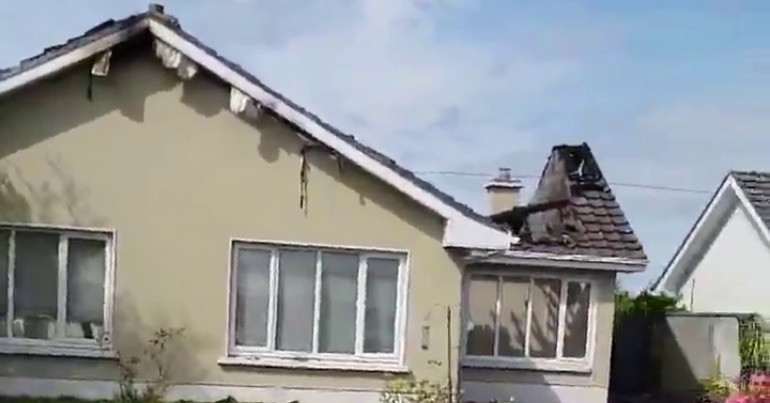President-elect Donald Trump’s announcement that he intends to appoint Kari Lake as the next director of the Voice of America (VOA) has sent shockwaves through the media world and sparked intense debate about the future of this crucial international broadcaster. The decision, made public via a social media post, has raised serious questions about the potential for political interference in VOA's traditionally independent news coverage.
The reaction from within VOA itself has been one of deep concern. Many employees, speaking anonymously for fear of retaliation, have expressed apprehension about Lake’s appointment. Her history of election denial and harsh criticism of the media has fueled worries that she will undermine VOA's commitment to objective journalism. One VOA employee, speaking to CNN, captured the prevailing sentiment: “We’re hoping that the guardrails will hold.”
This is a far cry from the agency's stated mission. The Voice of America, a part of the US Agency for Global Media (USAGM), which also oversees networks like Radio Free Europe/Radio Liberty and Middle East Broadcasting Networks, prides itself on its commitment to delivering “accurate, comprehensive, and objective news” and promoting democratic values worldwide. The US government traditionally views VOA as a crucial counterweight to foreign propaganda, and installing a director who may potentially disregard these values has raised concerns across the political spectrum.
VOA's commitment to journalistic integrity is enshrined in its own internal “firewall,” a policy designed to prevent interference from any US government official in its reporting. However, the reality is that installing a new director is far more complicated than a simple social media post. Trump’s statement indicated that Lake would “work closely with” the incoming head of the USAGM, who is yet to be named, implying that he will still maintain substantial influence over the appointment. This raises concerns about a potential undermining of VOA's independence.
The potential implications extend beyond the immediate concerns of VOA journalists. The Trump administration's previous attempts to influence the USAGM, notably during the tenure of Michael Pack, led to significant internal chaos, dismissals of network heads, and allegations of meddling in news coverage. A subsequent federal investigation uncovered a litany of abuses, prompting Congressional reforms designed to protect the agency's independence. These reforms include the establishment of a bipartisan International Broadcasting Advisory Board, which now has a role in appointing and removing the VOA director through a majority vote. The announcement of Lake's intended appointment clearly suggests that Trump's administration is setting its sights on controlling the narrative.
The appointment of Michael Abramowitz, a former Washington Post correspondent and president of Freedom House, to the position just a few months ago, provides a stark contrast. Abramowitz's focus was on reinforcing VOA's commitment to presenting “accurate, comprehensive, and objective news” and conveying “America’s story to people around the world, many of whom have no alternative source of information.” The intended replacement with Lake would mark a significant departure from that stated commitment. This reflects Trump’s own description of the future mission, which prioritizes broadcasting American “values of Freedom and Liberty” but also highlights how the new director will supposedly counter the “lies spread by the Fake News Media.” This reflects Trump's ongoing, controversial war against a free press.
Trump’s announcement is, for now, largely symbolic. The actual appointment process involves several steps, including the nomination of a new head of the USAGM, followed by consideration of the VOA director position by that person and the advisory board. While the board's composition will shift to favor the GOP next year, existing members’ terms offer some protection against immediate political pressure. This is a complex process involving multiple parties with different levels of political control. Even then, it may not stop Trump's efforts.
The current chair of the board, Kenneth Jarin, a Biden appointee, declined to comment on Trump’s announcement. The silence further emphasizes the gravity of the situation and the uncertainty surrounding the future of VOA under a potential Lake directorship. The coming months will be critical in determining how this situation unfolds and what impact it will have on the organization's journalistic integrity and its ability to fulfill its crucial mission.
The situation highlights the ongoing tension between political influence and the need for independent journalism. VOA’s history of providing reliable news to audiences worldwide – many who live under authoritarian rule and lack access to alternative sources of information – underscores the crucial role of this international broadcaster. The possible shift in direction under a Lake directorship could have profound consequences for global information flow and democratic values. The next few months will be a pivotal moment for VOA, its reporters, and the international community that relies on its reporting. The ongoing tension between protecting journalistic integrity and managing the inherent political pressures will require careful navigation by all parties involved.
This struggle over the future of VOA represents a deeper issue. It’s a clash between those who prioritize unbiased reporting as vital to democratic functioning and those who view news outlets as tools for political messaging. The outcome will significantly influence the landscape of global news coverage and raise concerns about the future of media freedom and integrity in a deeply polarized world. The upcoming months will be closely watched by those who value accurate information and a free press. This is undoubtedly an important development with far-reaching consequences.
Ultimately, the question remains: will the existing guardrails within the USAGM effectively prevent political interference or will the VOA face a significant erosion of its credibility under the new administration? Only time will tell.




